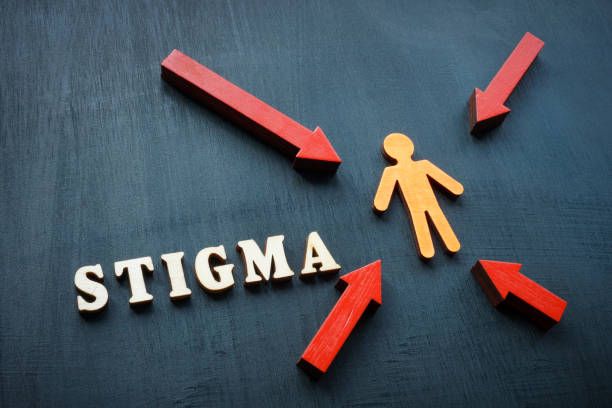What Is Mental Health? Understanding the Basics and Importance

What Is Mental Health? Understanding the Basics and Importance
Mental health is a critical, yet often misunderstood, part of our overall well-being. While physical health gets much attention, mental health is equally essential to living a balanced, fulfilling life. In this article, we’ll explore what mental health is, why it matters, and how you can take steps to protect and improve it—no matter where you are in your journey. What Is Mental Health? Mental health refers to your emotional, psychological, and social well-being. It affects how you think, feel, and behave, as well as how you handle stress, relate to others, and make choices. Key Components of Mental Health: Emotional Well-Being: The ability to manage emotions in a healthy way. Psychological Well-Being: Mental resilience and the capacity to cope...











